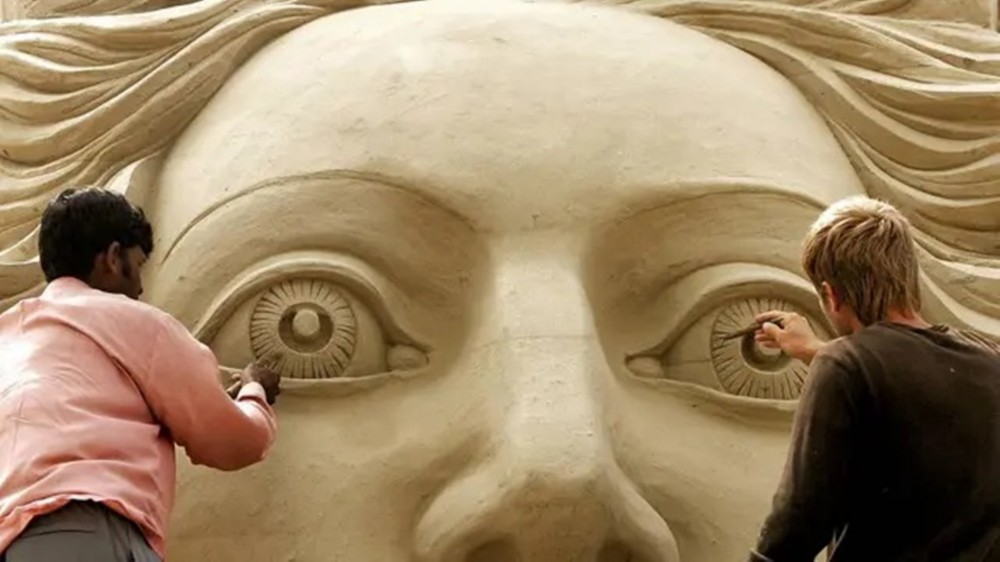
In the article, the author raises the question of the relationship between the religious factor and the culture of collective remembrance. The very issue of how societies and communities remember affects the present. The source base for the work was the works of famous foreign researchers, such as Alayda Assman, Marianne Hirsch, Winfried Georg Sebald. However, the author also consolidates their research on the problems of burials and attitudes towards the dead from a religious perspective. Myth is one of the combined categories with which the shared memory problem is combined. In addition, the correlation of these problems with the formation of national memory and society's work with its traumatic past is deduced. The author consistently reveals the approach to memorizing the dead through the prism of the history of religion, singling out the religious root of the memory issue. An analysis of current European projects regarding this issue is carried out. The article tries to answer how religious researchers can work with the problem of a shared past. Mythologization is considered an approach to cataloguing the collective remembrance of the past. The question arises of the importance of a complex collective memory rather than a simplified one engaged in political projects. The development of such a problem can create an organic project for Ukrainian society and fit it into the general European trend. In order to avoid possible problems and a formal approach, the author proposes a complex combined project where the place of religious studies plays a vital role along with history, philosophy, political science, art and cultural studies.
Source: Melnychenko A. (2023). Mythologization of memory: do the dead have rights? Religious scholar view. Sophia. Human and Religious Studies Bulletin. 21(1): 46-50
Source web-site: https://sophia.knu.ua/index.php/sophia/article/view/185/132
Number of views: 1381